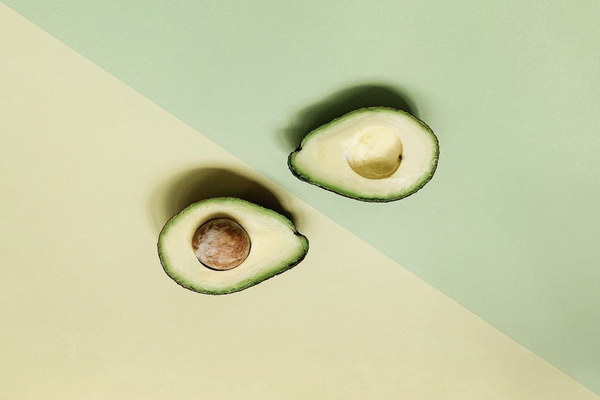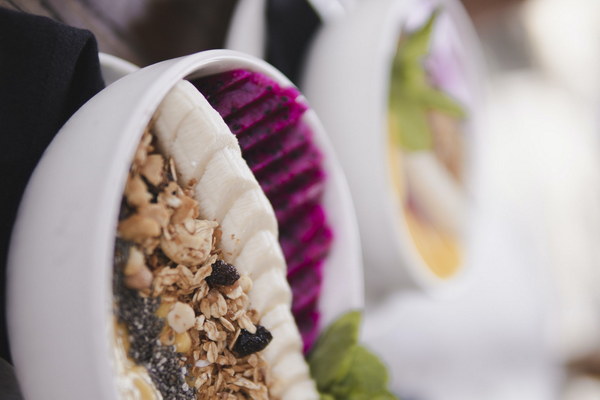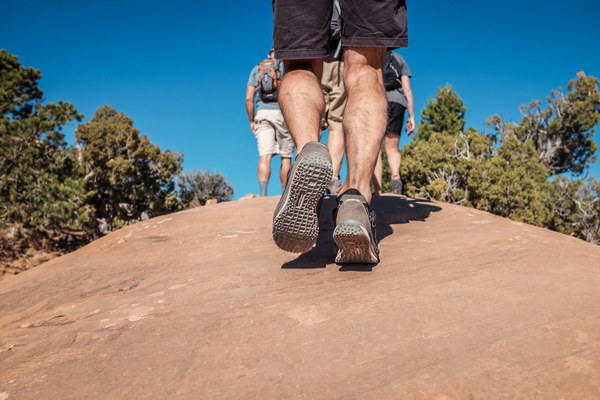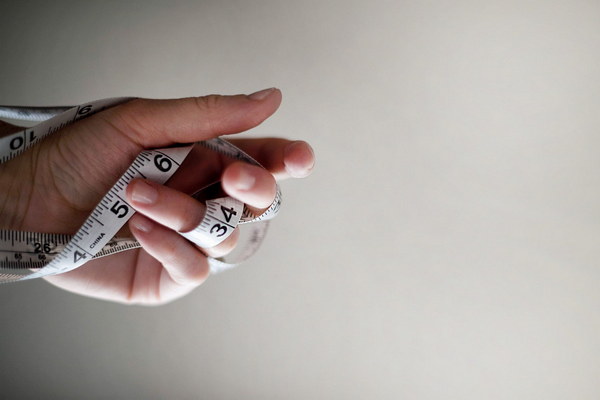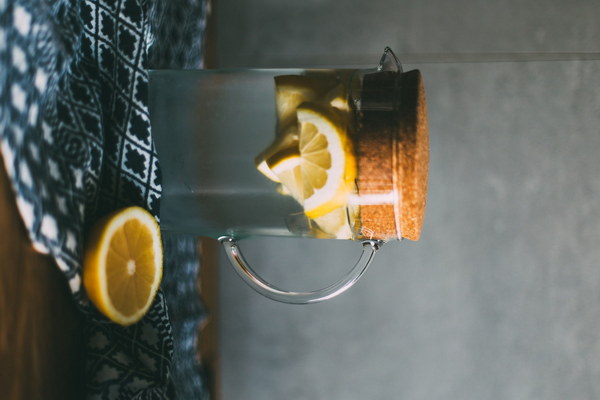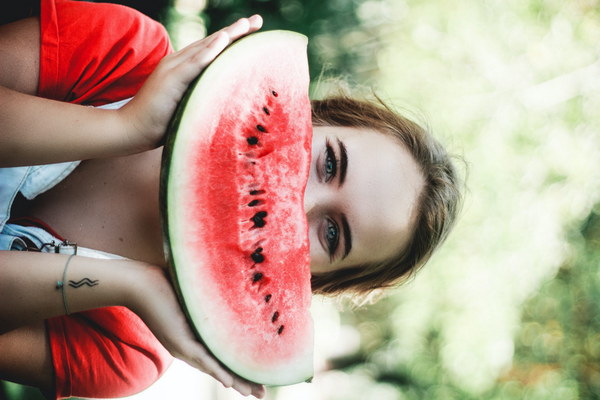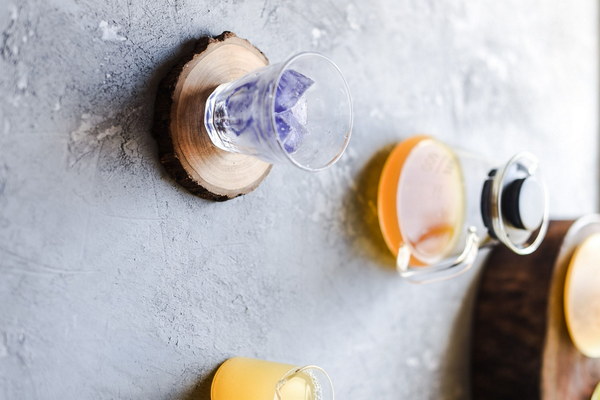What Medicines Are Best for Dampness Removal A Comprehensive Guide
Dampness, also known as Damp-Heat in traditional Chinese medicine, is a common issue affecting many people. It can manifest in various ways, such as fatigue, body aches, and digestive problems. In this article, we will explore the best medicines for dampness removal, based on both Western and traditional Chinese medicine.
1. Western Medicine
1.1 Diuretics
Diuretics are commonly prescribed for dampness removal, as they help the body eliminate excess fluid. Some popular diuretics include:
- Furosemide (Lasix)
- Hydrochlorothiazide (Hydrodiuril)
- Spironolactone (Aldactone)
It's important to consult a healthcare professional before starting any medication, as diuretics can have side effects and may not be suitable for everyone.
1.2 Anti-inflammatory drugs
Inflammation can be a contributing factor to dampness. Anti-inflammatory drugs, such as ibuprofen (Advil, Motrin) or naproxen (Aleve), can help reduce inflammation and alleviate symptoms.
1.3 Probiotics
Probiotics can help maintain a healthy gut flora, which is essential for proper digestion. A healthy gut can help eliminate dampness and improve overall health.
2. Traditional Chinese Medicine (TCM)
2.1 Herbs
TCM offers a wide range of herbal remedies for dampness removal. Some popular herbs include:
- Atractylodes macrocephala (Cang Zhu)
- Poria cocos (Fu Ling)
- Alisma orientale (Ze Xie)
These herbs can be taken as a tea, tincture, or in tablet form. It's important to consult a TCM practitioner to ensure proper dosage and combination of herbs.
2.2 Acupuncture
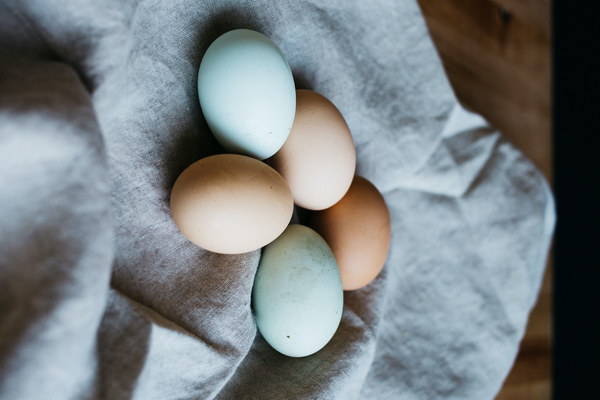
Acupuncture can help balance the body's energy and improve circulation, which can alleviate dampness-related symptoms. It's important to seek a licensed acupuncturist for safe and effective treatment.
2.3 Diet and lifestyle
TCM emphasizes the importance of diet and lifestyle in treating dampness. Some recommendations include:
- Avoiding dampness-inducing foods, such as sugar, dairy, and alcohol.
- Incorporating warm, spicy foods into the diet, such as ginger, garlic, and chili peppers.
- Engaging in regular exercise to improve circulation and promote sweating.
- Ensuring proper ventilation in the home to prevent dampness.
3. Conclusion
Dampness removal is a multifaceted approach that can involve a combination of Western and traditional Chinese medicine. It's essential to consult healthcare professionals and TCM practitioners for personalized treatment plans. By addressing the root causes of dampness and implementing lifestyle changes, individuals can effectively alleviate symptoms and improve their overall health.
